Career Resources
Explaining PA Practice to Employers
Be ready to explain PA practice to potential employers and share the ways you can contribute to medical care.
PA Scope of Practice
PAs are proven and integral members of the U.S. healthcare system. But what exactly do PAs do? And who decides? The boundaries of each PA’s scope of practice are determined by these parameters: education and experience; state law; policies of employers and facilities, and the needs of the patients.
PA Administrators
PAs in administration utilize leadership and management competencies above and beyond their clinical skill set to positively affect patient care; they are aspiring or current experts in the business of medicine, revenue cycle management, quality improvement, health information technology, and compliance. AAPA supports PA administrators by offering opportunities to acquire skills and knowledge.
Beyond Your Day Job: Career Advancement via Side Gigs
Join PA Shayne Foley, co-founder of The PA Blueprint, LLC, in this interactive webinar that explores side gigs for PAs. Attendees can earn 1.0 AAPA Category 1 CME credit.
Putting on Your Oxygen Mask: The Importance of Taking Care of Your Mental Health to Succeed in PA School
Mental health affects everyone from PA students to practicing PAs. Join AAPA for this webinar featuring a discussion on mental health. Learn what you can do now to and as you prepare for your PA career to take care of yourself!

Q&A with PA Leader Clair Kuriakose
Clair Kuriakose, MBA, PA-C, is a high achiever. She sets goals for herself, achieves them, and then strategically lays out her next steps. She finished PA school, got her MBA and Lean Six Sigma certification, and now leads advanced practice providers at Stanford Health Care.
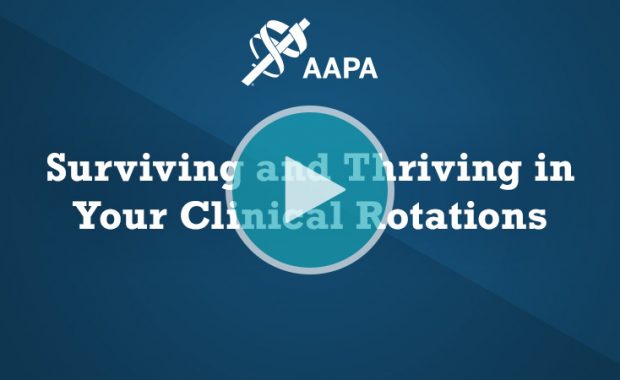
Surviving and Thriving in Your Clinical Rotations
Get an overview of helpful tips and pearls of wisdom for students entering the clinical phase of their education. Learn how to study during clinicals, how to elicit and act on feedback, and ultimately maximize the clinical experience.
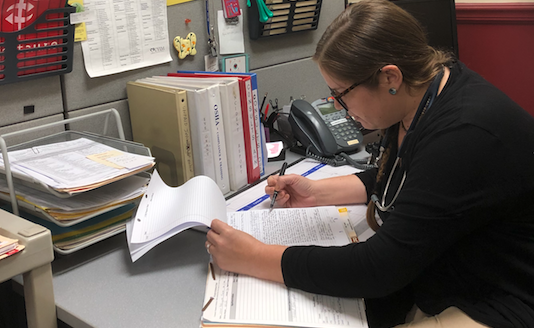
A Day in the Life of PA Faculty and Clinician
Nicole S. Cournoyer, PA-C, faculty member at Thomas Jefferson University, started her career in a community-based oncology office. Teaching patients and family members about disease processes, medications and interventions led to lecturing then teaching full-time at her alma mater.
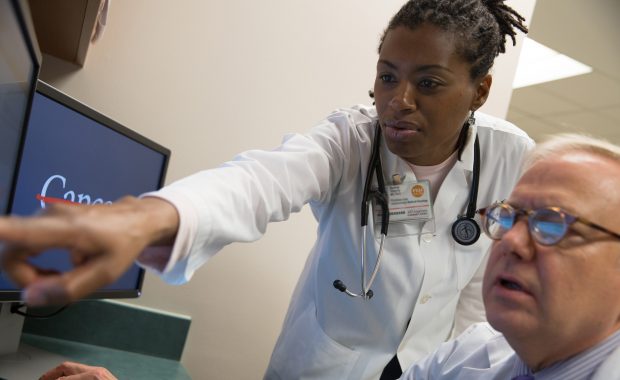
Sponsored
3 Ways PAs Can Advance Their Careers Through Leadership
For PAs looking to grow in their careers, there are also many opportunities to become a true leader in your field — either directly or through thought leadership. Here are three ways to advance in your career and become a leader.
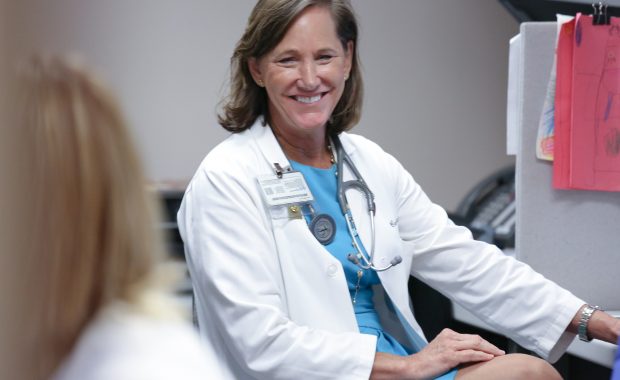
Looking for a Non-Clinical Role? Consider Medical or Clinical Science Liaison
PAs who serve as medical and clinical science liaisons play a unique role in pharmaceutical and other medical organizations. They use their clinical skills to interpret clinical trials, medications’ chemical composition, safety matters, and help to educate clinicians.
PAs and Team Practice
A summary of PAs in team-oriented care models.
Tackling Clinical Rotations
Conquer clinical rotations! Learn common do’s and don’ts with our video and get even more helpful and detailed tips with our guide.

PA, Leadership Consultant, Career Expert: Meet Andrea Lowe
Andrea Lowe, MHA, PA-C, has a lot of ideas about raising PA public awareness and increasing career opportunities for PAs. Lowe practiced as a PA in emergency medicine and then transitioned to increasingly visible leadership roles.
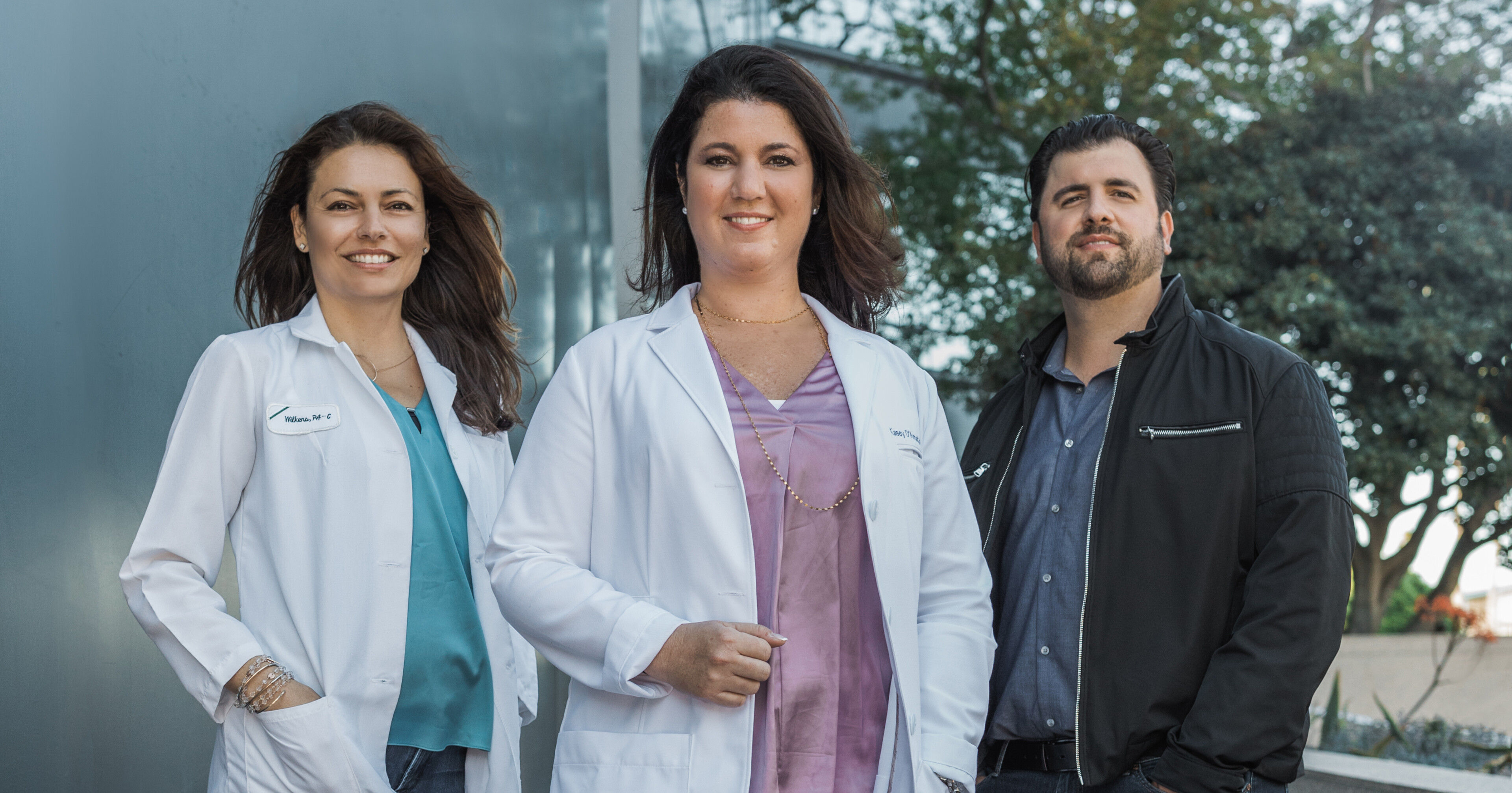
PA Entrepreneur Develops Popular Skincare Line
Kasey Drapeau D’Amato, a PA in dermatology, used her clinical skills to build a skincare business. Read how D’Amato became an entrepreneur and started Airelle Skincare. She also shares her skincare secrets and advice for PAs who want to start a business.